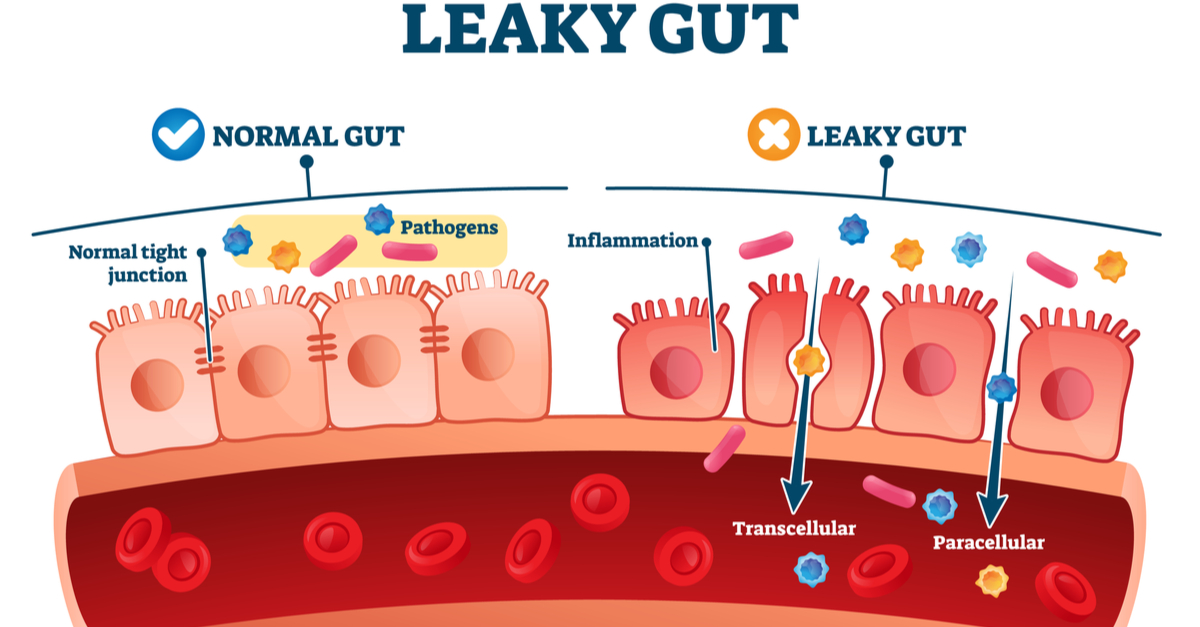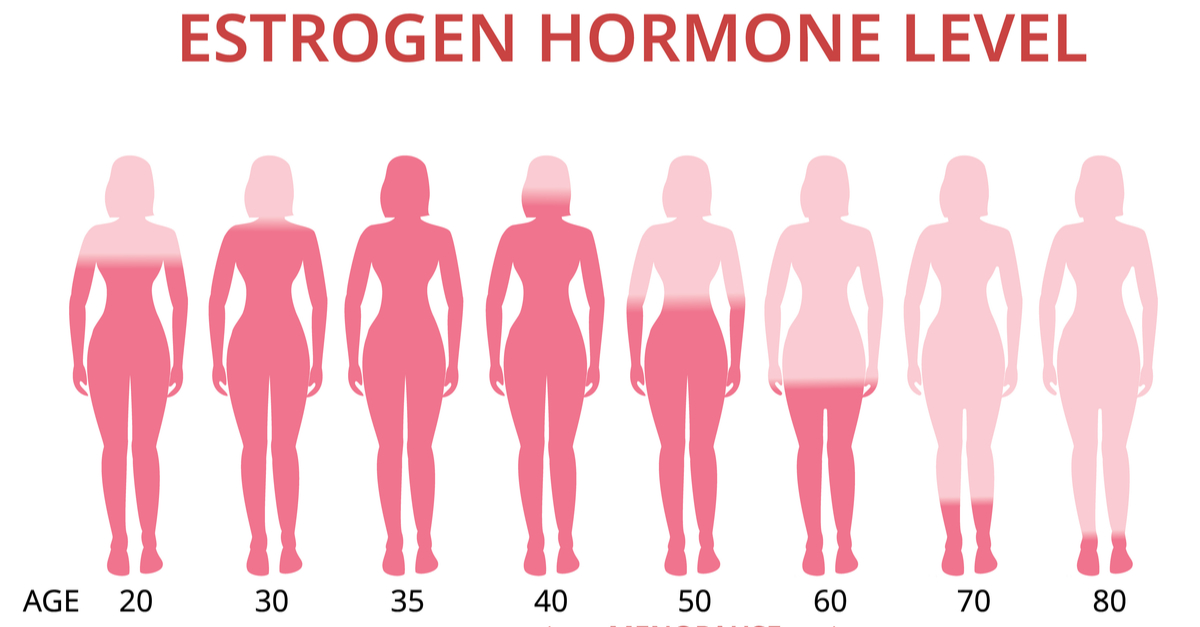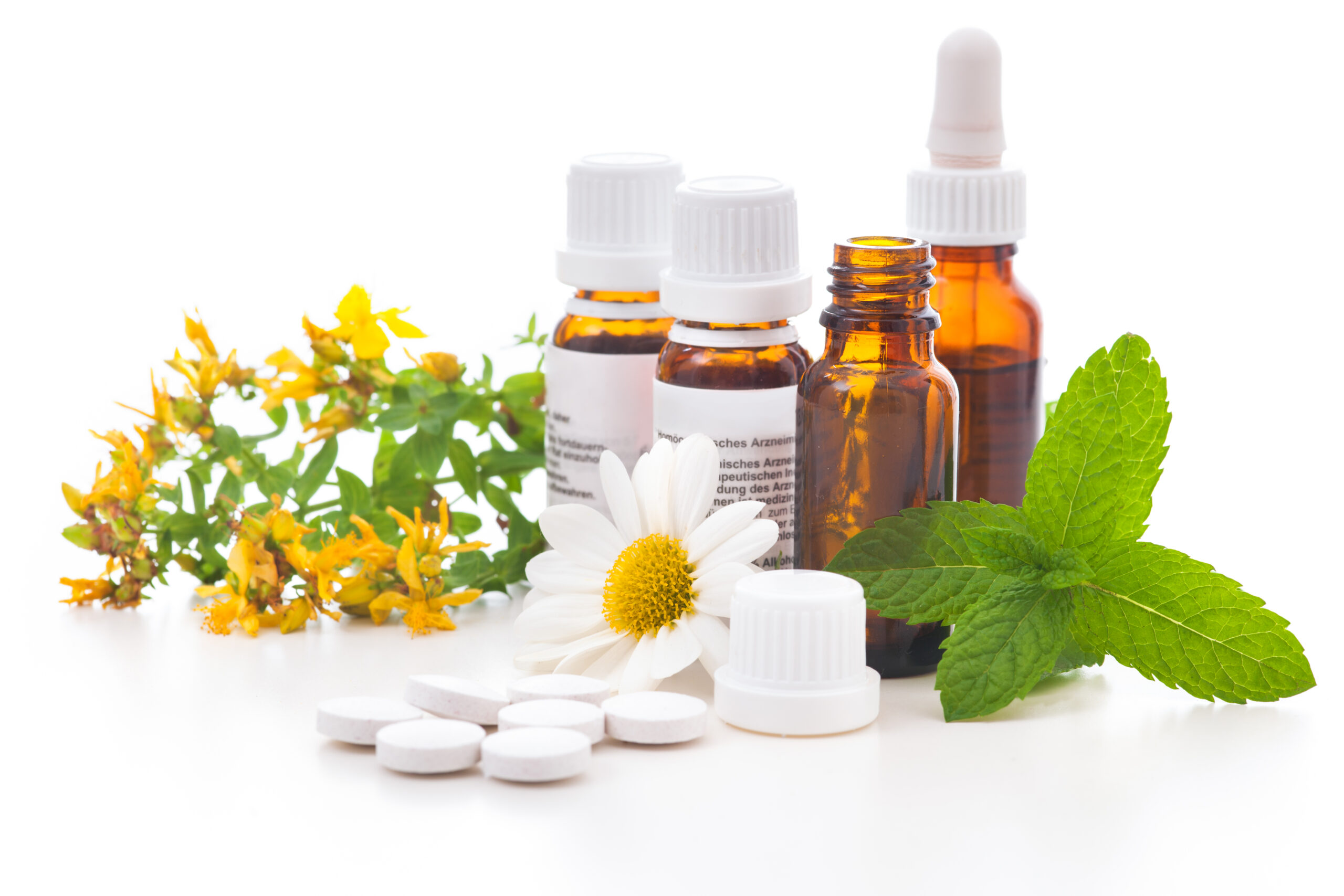What Are PCOS Symptoms And What You Can Do About It!
How To Know Your PCOS Symptoms
Before you get into this article, if at anytime you want to speak to one of our Naturopathic Doctors about PCOS, we have a free consultation call available. Click here to book one.
Have you ever felt like something with your hormones and menstrual cycles are “off” and may be wondering what could be going on? Could you have symptoms of PCOS?
Or, maybe you’ve been newly diagnosed with PCOS and are wondering, now what? Either way this blog post is for you, as we discuss the most common hormonal disorder in women of reproductive age- PCOS, also known as Polycystic Ovary Syndrome.
PCOS is a complex hormonal and metabolic disorder. Despite its name, it goes far beyond having polycystic ovaries; in fact, it is possible to have PCOS without having ovarian cysts (more to come on that later).
Did You Know Approximately 10% Of All Women Have PCOS. Some Will Never Know They Have It!
First and foremost, you are not to blame for your PCOS. The exact cause of PCOS has yet to be determined; however, we do know that many factors are believed to play a role. These range from genetics, androgens, AMH, insulin resistance and environmental endocrine disruptors. Although we have made profound progress with beginning to understand this illness, there is a lot we do not know, but we do know the symptoms of PCOS and what to look for so we can begin to help.Top 10 Signs and Symptoms of PCOS
Moderate to Severe Acne, commonly along the jawline: Both insulin resistance and androgens can be to blame for acne in women with PCOS. Both insulin and IGF-1 can increase the production of androgens, and also decrease sex hormone binding globulin (SHBG), which further increases serum testosterone. In addition to increasing androgens, insulin resistance can trigger unregulated growth and keratinization of the skin cells which is a factor in acne. Androgens can cause excess sebum production, resulting in clogged pores and bacterial overgrowth. Another red flag that may indicate PCOS is in patients whose acne did not fully respond to Accutane. Hair growth on the Chin, Upper Lip, Stomach, or Chest: Higher levels of androgens can cause excess hair growth in areas of the bodies where hair is typically not seen in women. These hairs can be coarse and dark, and is one of the keynote signs of hirsutism in women who have PCOS. Irregular periods: One of the major signs of PCOS is that your periods can be irregular including being far apart, or skipping periods altogether. Difficulty in Conceiving: Individuals with PCOS may have difficulty conceiving for a variety of reasons. As mentioned above, cycles can be either irregular or absent which also means that a woman may not be ovulating regularly. Identifying the fertile window can be difficult, and ovulation tests typically used (LH strips) are not reliable for those with PCOS since LH tends to be elevated throughout the cycle, resulting in false positives. In addition, less ovulatory cycles can equate to less fertile windows throughout the year. Furthermore, egg quality can become impaired due to the hormonal and inflammatory changes seen within the ovaries. It’s important to note that PCOS does not mean you can’t get pregnant; however, it can mean that more targeted treatment options may need to be explored to optimize conception and pregnancy outcomes. Hair Loss: Higher levels of androgens can also be the culprit of hair loss seen in those with PCOS. Testosterone gets converted into another androgen called DHT within the scalp. DHT does not play nice with hair follicles, causing damage and shrinkage which ultimately results in the hair to enter the telogen phase where they then fall out. Hair loss in PCOS is typically seen around the frontal area behind the hairline, but can also appear as overall thinning. Pigmentation in the folds of your skin: This is known as acanthosis nigricans, and results in the skin being very dark in colour, and velvety in texture. If present, it is commonly seen in the crease behind the neck, under the arms, or in the creases of the thighs. This occurs as a result of insulin resistance, and can typically be improved or reversed when insulin sensitivity is improved. Skin Tags: Small, flesh coloured tag-like growths that appear on the skin, and are related to insulin resistance. Ovarian Cysts: The cysts seen in PCOS are not typical ovarian cysts. They are actually partially developed follicles that have grown, but have stalled during the process of preparing for ovulation. This will be seen on ultrasound as what’s referenced as the “string of pearl” appearance. It is important to note that having polycystic ovaries is not a required factor in diagnosing PCOS. Weight Gain, or difficulty losing weight: For some women with PCOS, they may tend to gain weight very easily, or may have difficulty losing weight. This can be related to both insulin and leptin resistance. Insulin resistance causes our bodies to store fat more easily since glucose cannot enter the cells as readily, it is also associated with gaining weight around the midline and abdominal area. Leptin resistance has also been discovered as a factor in PCOS, and can make our brain think we are in starvation mode, which ultimately messes with our hunger and fullness signals. Depression and Anxiety: Women with PCOS have higher rates of both depression and anxiety. These changes in mood can be related to a variety of factors including inflammation, hormonal imbalances, and the stress associated with dealing with the symptoms of PCOS. It is important to screen for mental health disorders in patients with PCOS and offer additional support where needed.How To Assess If You Have PCOS
Typically the diagnostic criteria for PCOS is having 2 out of the 3 present:- A pelvic ultrasound indicating the presence of cysts, or multiple immature follicles
- History of oligo (irregular) or anovulation
- Hyperandrogenism assessed via physical exams and/or lab work
- Hormones
- Day 3 FSH- stimulates follicles to grow in the ovaries
- Day 3 LH – triggers ovulation and can often be 2-3x higher than FSH in individuals with PCOS (LH:FSH ratio).
- Day 3 Estradiol – to ensure you can build a uterine lining, also plays a role in ovulation
- Testosterone – an androgen that is often elevated in patients with PCOS
- DHEA-S – an androgen secreted by the adrenal glands that can also be elevated in patients with PCOS. Of note, this androgen is often elevated in those with “lean” PCOS
- Progesterone- 5-7 days after suspected ovulation to confirm of ovulation did occur
- Metabolic
- Fasting Insulin + Fasting glucose to measure insulin resistance
- HbA1C to rule out diabetes
- Lipid Panel – to monitor cardiovascular risk associated with PCOS
- Inflammatory
- Hs-CRP – often elevated in PCOS due to chronic low grade inflammation
- ESR – a measure of general inflammation
- Vitamin D- typically low for individual with PCOS. Vitamin D is very important for proper immune functioning, reducing inflammation, hormone regulation, and overall health
- Ruling out other conditions
- Thyroid panel – women with PCOS have higher rates of Hashimoto’s thyroiditis, thyroid dysfunction can also contribute to weight gain and hair loss
- 17’OH – to rule out a condition called NCCAH that signs and symptoms can mimic PCOS
- Prolactin – elevated levels can also cause irregular cycles
- AM cortisol – to rule out Cushing’s disease, but can also be a factor in PCOS
How Naturopathic Medicine Can Help Your PCOS Symptoms
Nutrition The overall goal with targeting nutrition in those with PCOS is to regulate blood sugar, improve insulin resistance, and reduce inflammation. There have been many studies looking at the impact of diet on outcomes for those with PCOS and some of the most important strategies are around reducing glycemic load, managing caloric intake, improving food quality, and increasing healthy fats. Nutrition is something that is individual to each person, and recommendations are made so that they are realistic and sustainable for the person to optimize success. Overly restrictive diets (for example very low carb, diary free, gluten free) do not result in better outcomes, and can further exacerbate stress and declining mental health in those with PCOS. Exercise Overall the goal with exercise is to promote movement, ideally a minimum of 120 minutes a week. Different types of exercise have been studied with PCOS including resistance training, HIIT training, yoga, and aerobic exercise. Ultimately, the most important factor is choosing a form of exercise that you enjoy doing, that you can commit to doing on a regular basis and that will help you reach your movement targets. Your Naturopathic Doctor can dive into this further with you and help make specific recommendations that meet your health goals. Targeted Supplementation There are some key supplements that have been studied to improve health outcomes and symptoms in those with PCOS. Some of these include:- Myo-Inositol: Can help to improve insulin receptor activity, and improve insulin resistance. It has also been found to improve ovulation, and decrease excess androgens.
- NAC: Can help to improve insulin resistance, lower testosterone levels, regulate ovulation and menstruation, and improve fertility.
- Berberine: An herb that can improve insulin sensitivity, increase rates of ovulation, decrease androgens and also decrease unhealthy cholesterol.
- Vitamin D: A deficiency is common amongst those with PCOS and can lead to more intense PCOS symptoms. Optimizing Vitamin D levels can help to improve insulin resistance, ovulation, menstrual irregularities, infertility and reduce androgens.
- Zinc: A mineral that can have a positive effect on PCOS symptoms like acne, hair growth, and hair loss.








